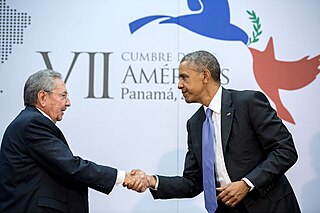
In explaining his decision to end the US policy of isolating Cuba, President Obama recently said, “We know from hard-learned experience that it is better to encourage and support reform than to impose policies that will render a country a failed state.”
These are wise words. Not a single other country in the world supported the US policy of isolating Cuba, and we should applaud the role of Pope Francis and others who helped the US and Cuba move toward reconciliation.
In discussing steps in the normalizing of relationships, President Obama mentioned the release from Cuban prison of USAID sub-contractor Alan Gross, held for five years on charges of spying, as well as the release from US prison of the final three of the Cuban Five, accused of conspiracy to commit espionage and held in maximum security prisons across the US.
President Obama also referred to human rights abuses in Cuba, proclaiming that “But I’m under no illusion about the continued barriers to freedom that remain for ordinary Cubans” and “I call on all of my fellow leaders to give meaning to the commitment to democracy and human rights at the heart of the Inter-American Charter.”
To avoid rightful invocations of hypocrisy, the United States government needs to review its own barriers to freedom for immigrants and people of color. Ana Belen Montes is still locked up in a psychiatric ward at the ncis. US whistleblower Jeffrey Sterling is still imprisoned for spying (because he provided classified information to New York Times reporter James Risen about deliberate misinformation given to Iran). And also right here in the USA, immigrant children are kept in prison-like institutions.
Kathie Malley-Morrison, Professor of Psychology

